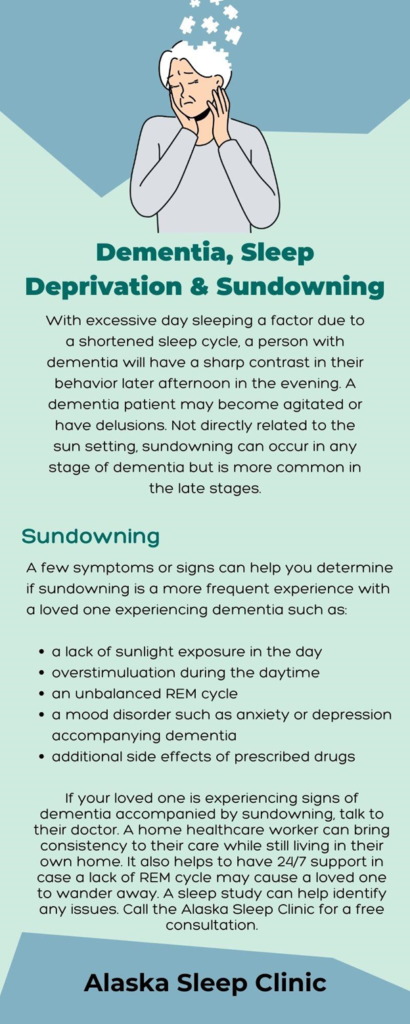Dementia, characterized by an irreversible loss of brain function impacting memory, language, problem-solving, and cognitive processes, poses significant challenges, particularly for individuals with early-onset Alzheimer’s disease or dementia. The anguish accompanying lost memories, slipping names, and forgotten routines is compounded by a frequently overlooked symptom: sleep deprivation.
A study conducted by the Mayo Clinic reveals that sleep disturbances afflict 25% of those with mild to moderate dementia and escalate to 50% in severe cases. The Alzheimer’s Society underscores various sleep problems associated with dementia, encompassing insomnia, restless leg syndrome, rapid eye movement disorder, excessive daytime sleeping, and sleep apnea.
Numerous dementia-related symptoms contribute to alterations in sleep patterns, disrupting the normal circadian rhythm guided by a combination of physical and psychological processes. As responses to the environment change during dementia progression,
The daily sleep schedule typically unfolds through four stages in the sleep cycle: light sleep (stages 1 and 2), deep sleep (stage 3), and dream sleep (also known as rapid eye movement). Deep sleep and dream sleep collaboratively facilitate the restoration of both body and mind each night. Unfortunately, individuals displaying signs of dementia often spend extended periods in stages 1 and 2, struggling to transition into deep sleep or REM.












